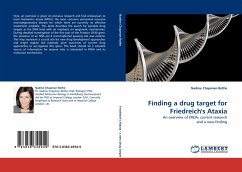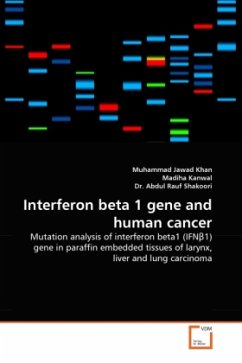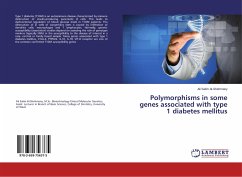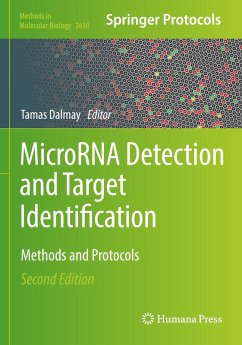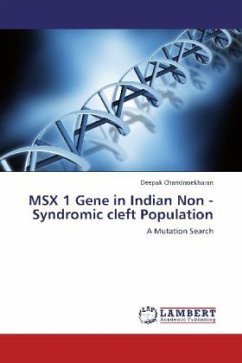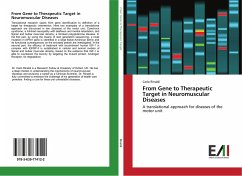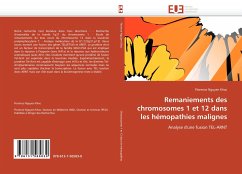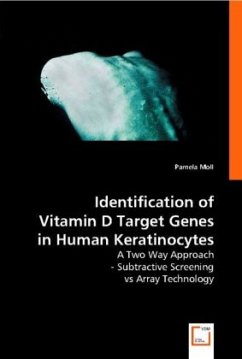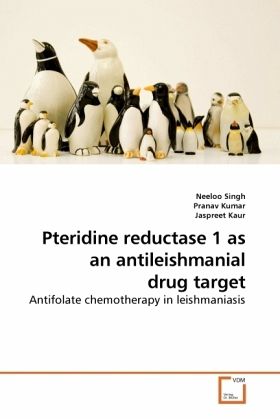
Pteridine reductase 1 as an antileishmanial drug target
Antifolate chemotherapy in leishmaniasis
Versandkostenfrei!
Versandfertig in 6-10 Tagen
45,99 €
inkl. MwSt.

PAYBACK Punkte
23 °P sammeln!
Leishmaniasis is a major public health problem throughout much of the tropical and subtropical world. To date there is no vaccine against Leishmania and chemotherapy is the main weapon in our arsenal. There is an urgent need to identify novel chemotherapeutic targets and better drugs against Leishmania. In our search for effective antileishmanial lead molecules we have replaced empirical screening with rational drug design. Identifying suitable potential drug targets is essential for effective drug development. We have employed pteridine reductase 1 enzyme in Leishmania as one such target. Pte...
Leishmaniasis is a major public health problem throughout much of the tropical and subtropical world. To date there is no vaccine against Leishmania and chemotherapy is the main weapon in our arsenal. There is an urgent need to identify novel chemotherapeutic targets and better drugs against Leishmania. In our search for effective antileishmanial lead molecules we have replaced empirical screening with rational drug design. Identifying suitable potential drug targets is essential for effective drug development. We have employed pteridine reductase 1 enzyme in Leishmania as one such target. Pteridine reductase 1 is a NADPH dependent short chain reductase responsible for the salvage of pterins in this protozoan parasite. This enzyme acts as a metabolic bypass for drugs targeting dihydrofolate reductase therefore for successful antifolate chemotherapy to be developed against Leishmania it must target both enzyme activities.



